Potted Dill Plant Care: Tips For Growing Dill In Containers
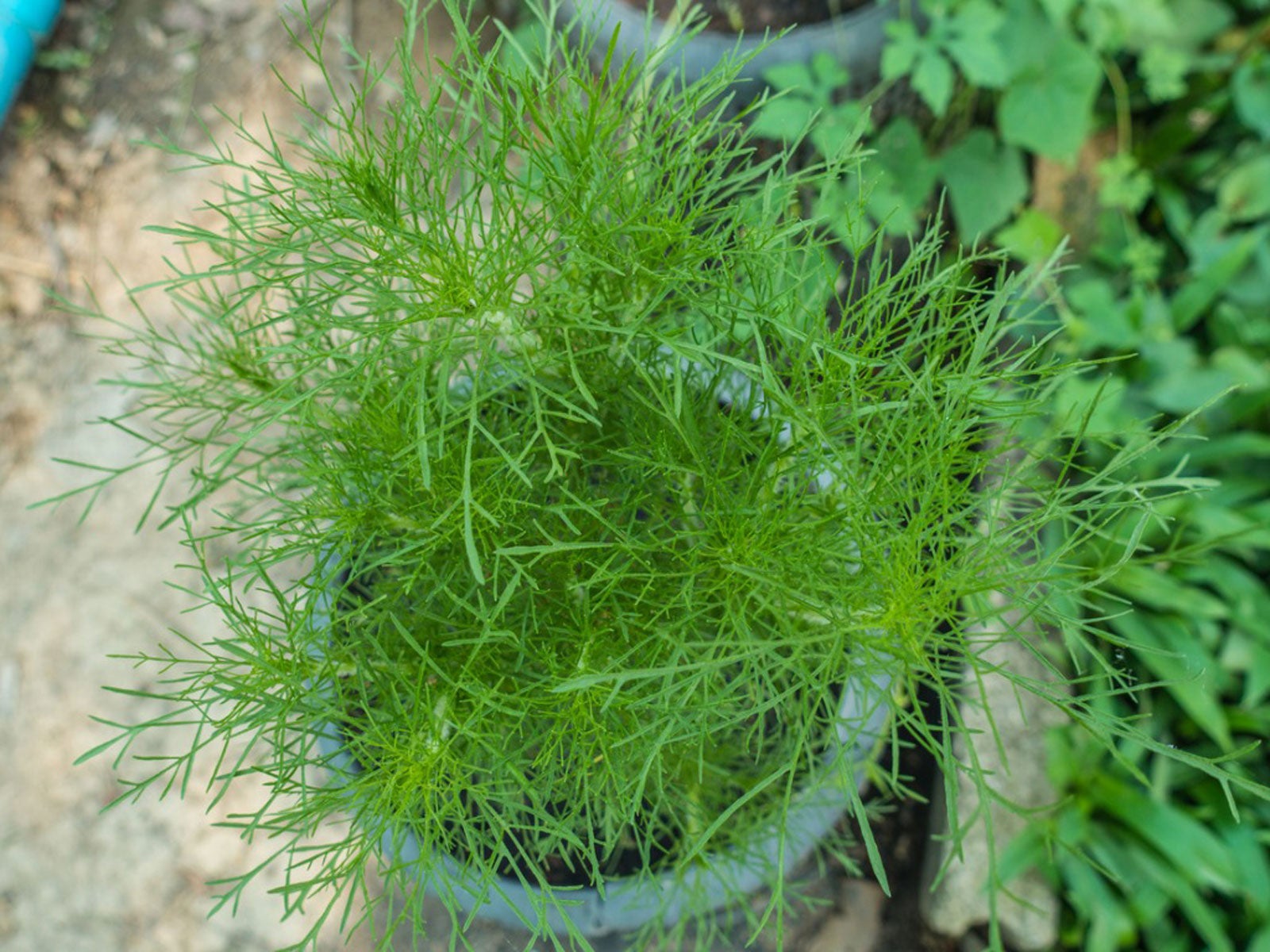
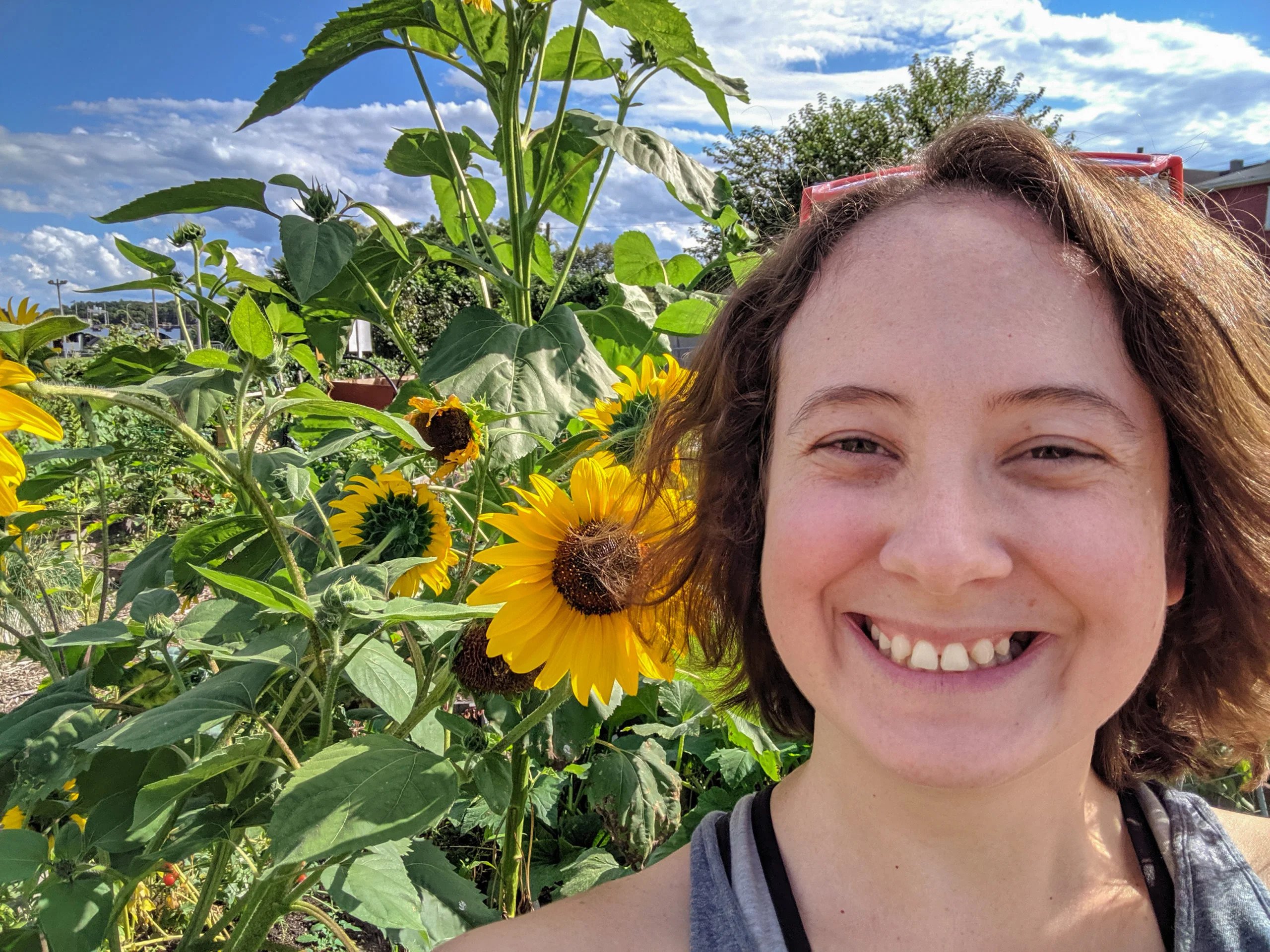
Herbs are the perfect plants to grow in containers, and dill is no exception. It’s beautiful, it’s tasty, and in late summer it produces fantastic yellow flowers. Having it in a container near or even in your kitchen is a great way to ensure you get the most out of cooking with it. But how do you grow potted dill plants? Keep reading to learn more about growing dill in containers and care of dill in pots.
Potted Dill Plant Care
The most important thing to keep in mind when growing dill in containers is the depth of your containers. Dill grows a long tap root, and any container shallower than 12 inches (30 cm.) won't provide enough space for it. That being said, your container doesn’t need to be extremely deep. Dill is an annual, so it doesn’t need extra space to build up a big root system over the years. One to two feet (30-61 cm.) deep should be plenty. You can sow dill seeds directly into your container. Fill it up with any soilless potting mix, making sure there are drainage holes in the bottom, first. Dill will grow in most types of soil, though it prefers well-drained, slightly acidic soil. Sprinkle a few seeds on the surface, then cover them with a very light layer of potting mix. Potted dill plants need 6 to 8 hours of sunlight per day and warm temperatures above 60 degrees F. (15 C.) to sprout. If all danger of frost has passed, you can keep your potted dill plants outside, but if it’s still early spring, you should keep them indoors in a sunny window or under a grow light. Keep the soil moist by misting often. Once the seedlings are a few inches (8 cm.) high, thin to one or two per pot and care for as you normally would out in the garden.
Gardening tips, videos, info and more delivered right to your inbox!
Sign up for the Gardening Know How newsletter today and receive a free copy of our e-book "How to Grow Delicious Tomatoes".

The only child of a horticulturist and an English teacher, Liz Baessler was destined to become a gardening editor. She has been with Gardening Know how since 2015, and a Senior Editor since 2020. She holds a BA in English from Brandeis University and an MA in English from the University of Geneva, Switzerland. After years of gardening in containers and community garden plots, she finally has a backyard of her own, which she is systematically filling with vegetables and flowers.
-
 Looking For Plants To Give You The Soft And Fuzzies? Try These 5 Fuzzy Leaf Plant Options
Looking For Plants To Give You The Soft And Fuzzies? Try These 5 Fuzzy Leaf Plant OptionsLovers of texture, drama, silver foliage and tactile plants will adore these special sensory garden additions. These fuzzy leaf plant options will leave you all aglow
By Susan Albert
-
 Get Ready For A Summer Of Hummers! Grow These Full Sun Hummingbird Plants and Flowers
Get Ready For A Summer Of Hummers! Grow These Full Sun Hummingbird Plants and FlowersIf you’re lucky enough to enjoy a sunny backyard, make sure you are maxing out on your pollinator opportunities and grow these full sun hummingbird plants and flowers
By Tonya Barnett
-
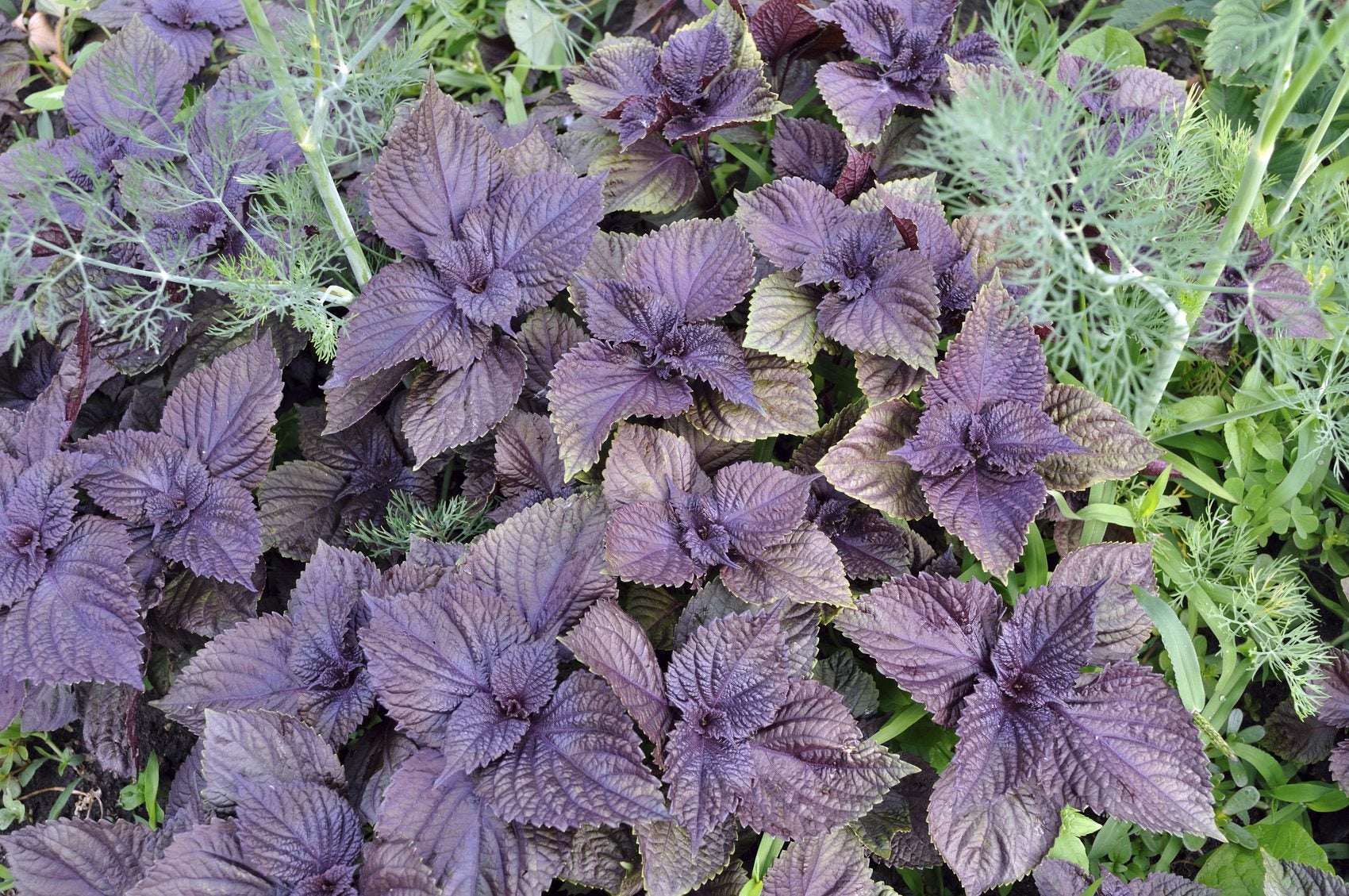 Companion Plants For Dill: What To Plant With Dill In The Garden
Companion Plants For Dill: What To Plant With Dill In The GardenIf you're wondering what to plant with dill, experiment and see what works best in your garden. Here are some suggested dill companion plants - and a few things that AREN'T believed to be good dill plant companions. Click this article to learn more.
By Mary H. Dyer
-
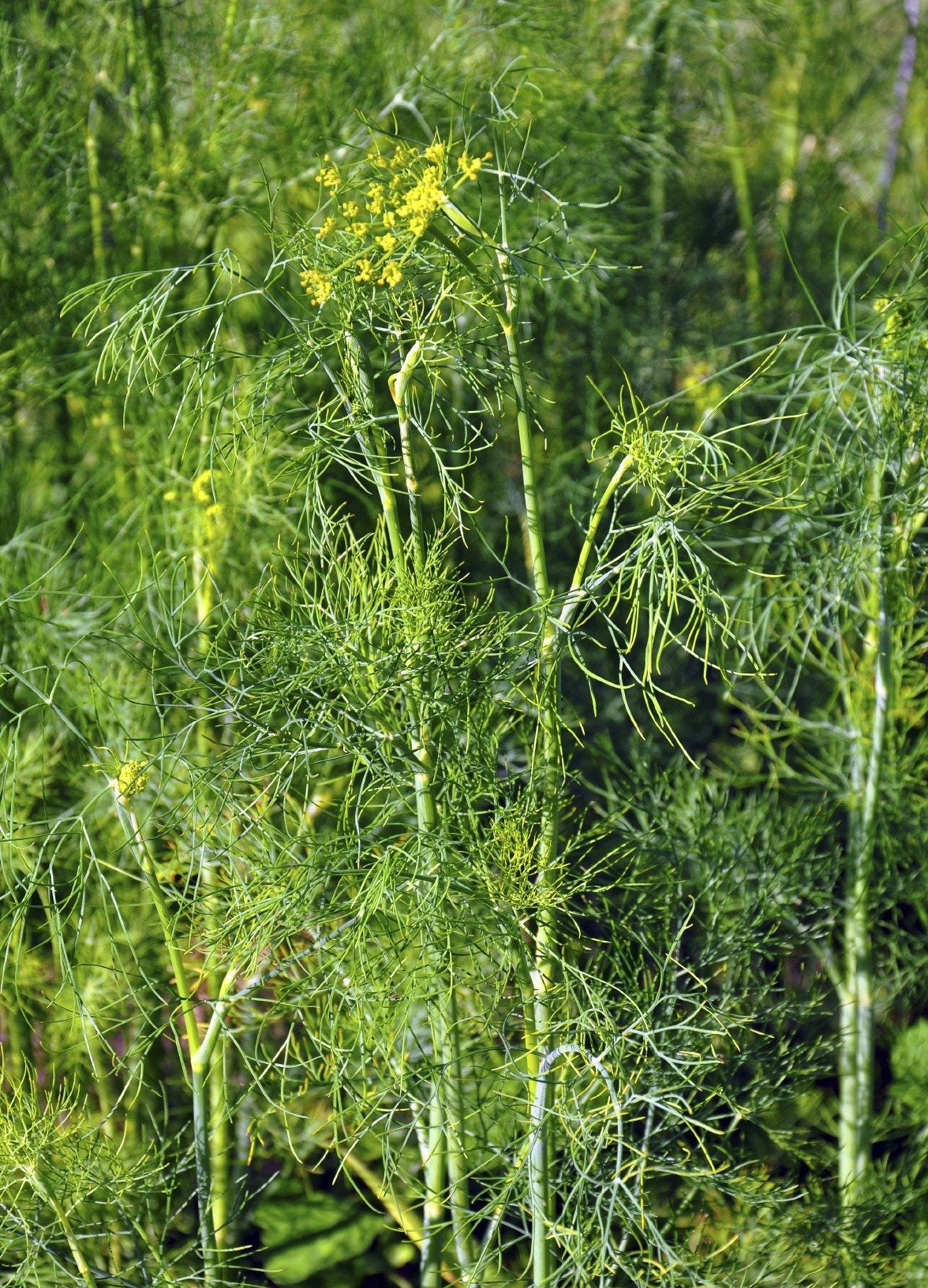 Dill Plant Types: What Are Some Different Varieties Of Dill
Dill Plant Types: What Are Some Different Varieties Of DillDill is a great herb to have around. It has fragrant, delicate foliage, bright yellow flowers, and a flavor like none other. But there are a few different varieties of dill, and it may not be easy to know which one to grow. Click here to learn more about it.
By Liz Baessler
-
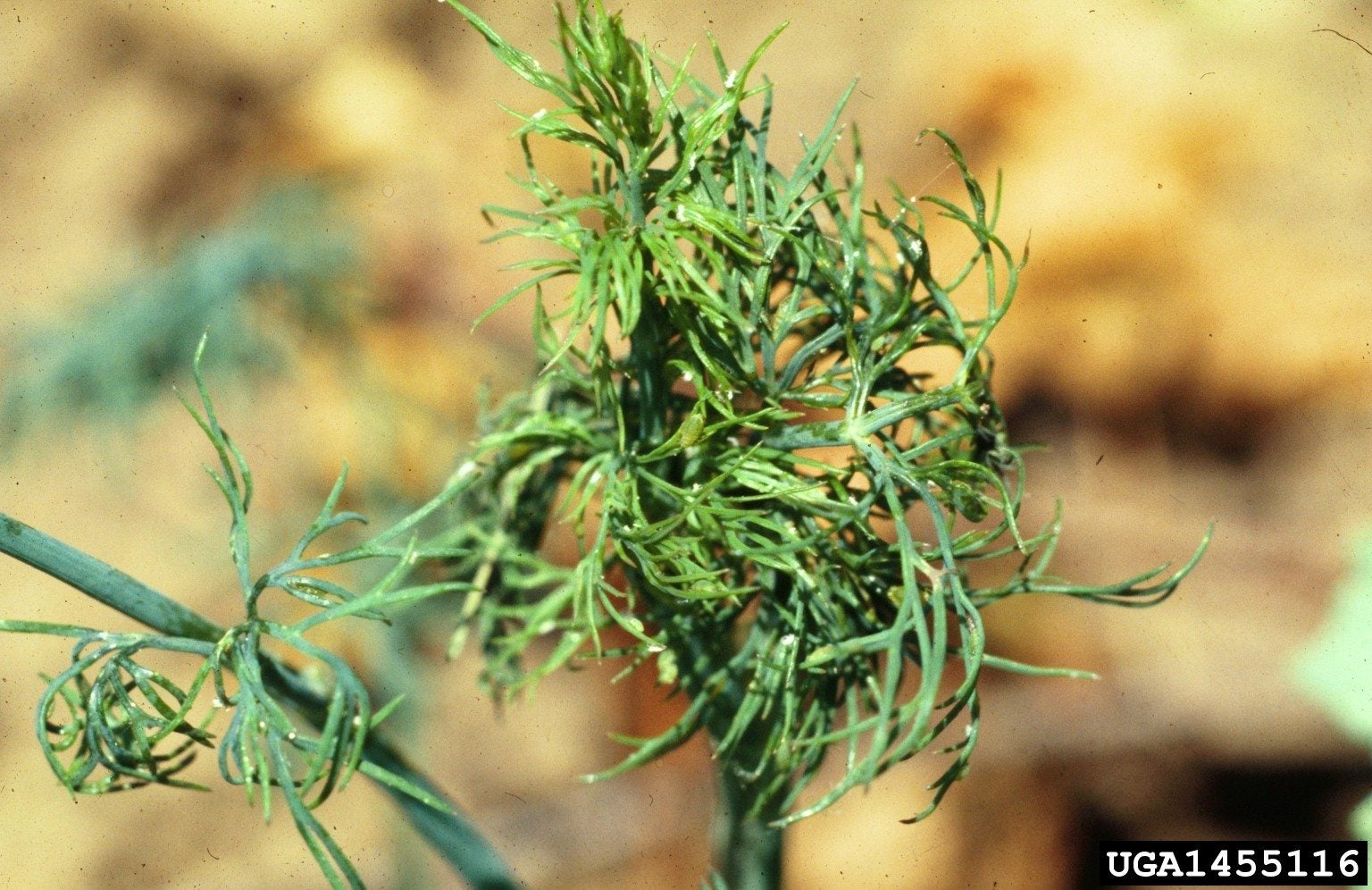 Dill Plant Diseases – Tips For Treating Issues With Dill
Dill Plant Diseases – Tips For Treating Issues With DillThe average gardener may have to deal with his or her share of dill plant problems, from pests to dill plant diseases. The following article contains information on identifying and treating diseases affecting dill plants. Click here for more info.
By Amy Grant
-
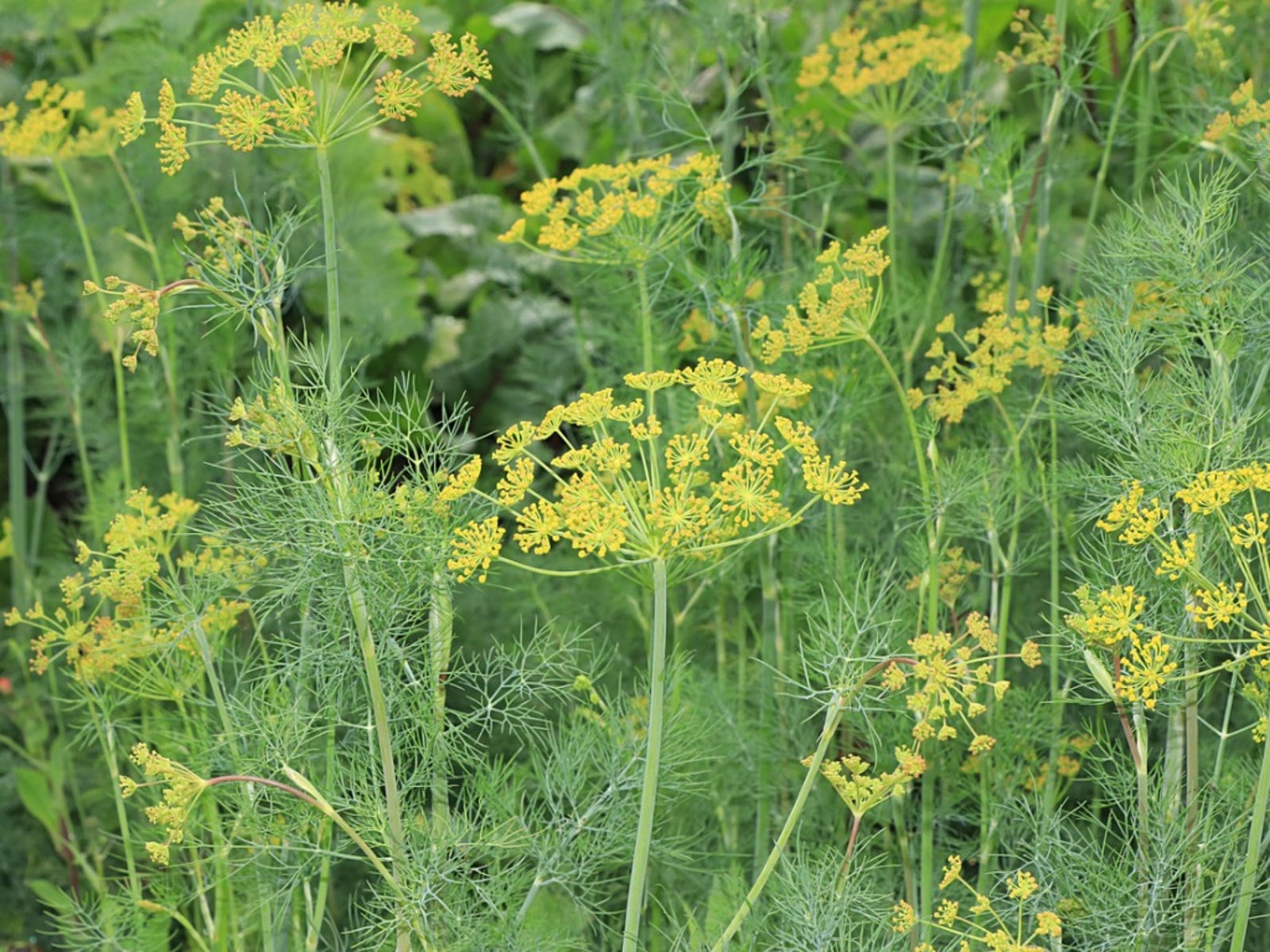 Yellowing Dill Plants: Why Is My Dill Plant Turning Yellow
Yellowing Dill Plants: Why Is My Dill Plant Turning YellowYellowing dill plants can be an indication of incorrect cultural care, improper site, insects or disease as well as an indication to end of season. If you are asking, "why is my dill plant turning yellow," click here for more information about common causes.
By Bonnie L. Grant
-
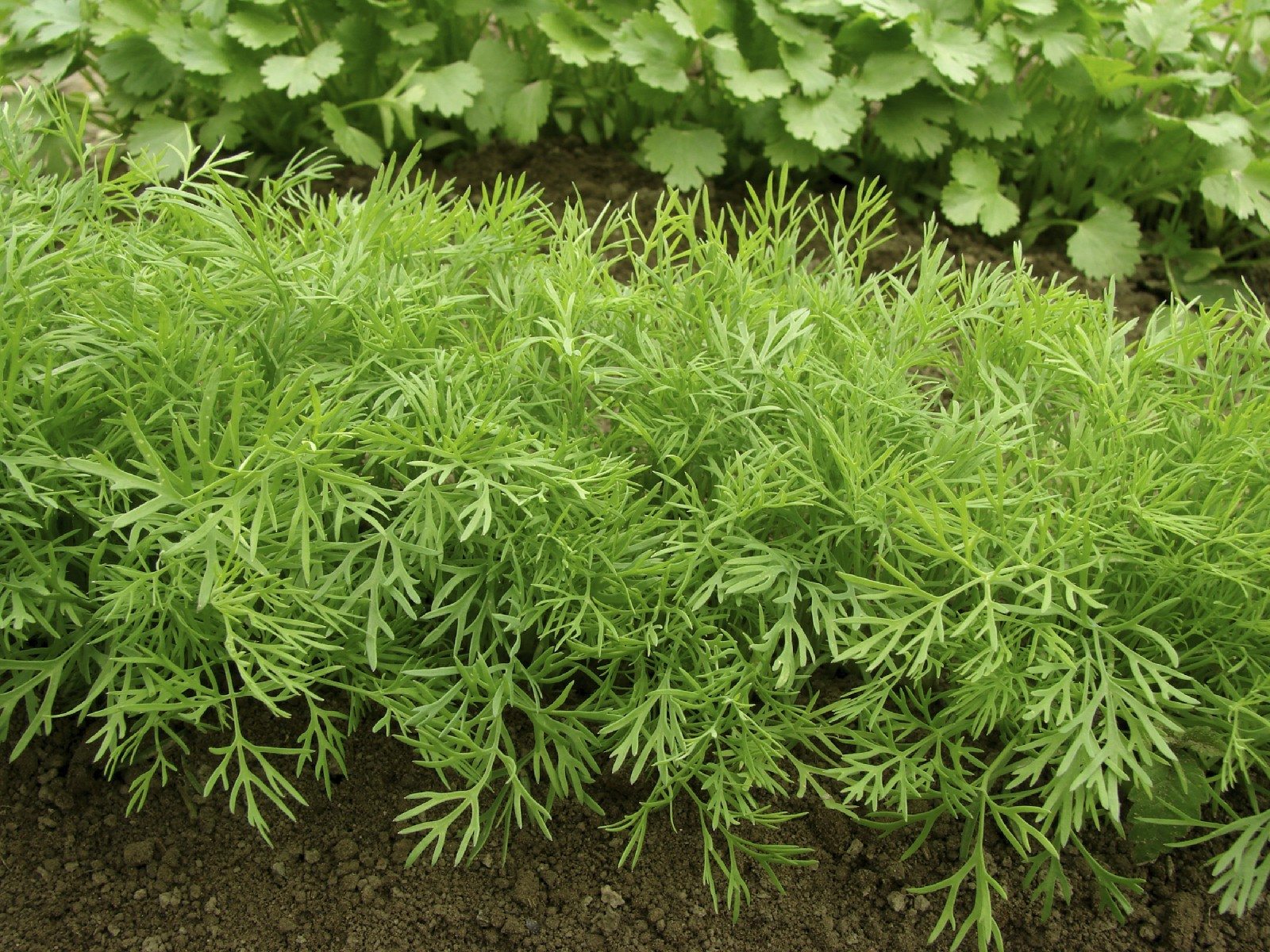 Getting Bushy Herb Plants: How To Trim A Dill Plant
Getting Bushy Herb Plants: How To Trim A Dill PlantDill plants can grow long and leggy, but learning how to prune dill, the plants will produce plenty for your culinary uses. Learn more here.
By Gardening Know How
-
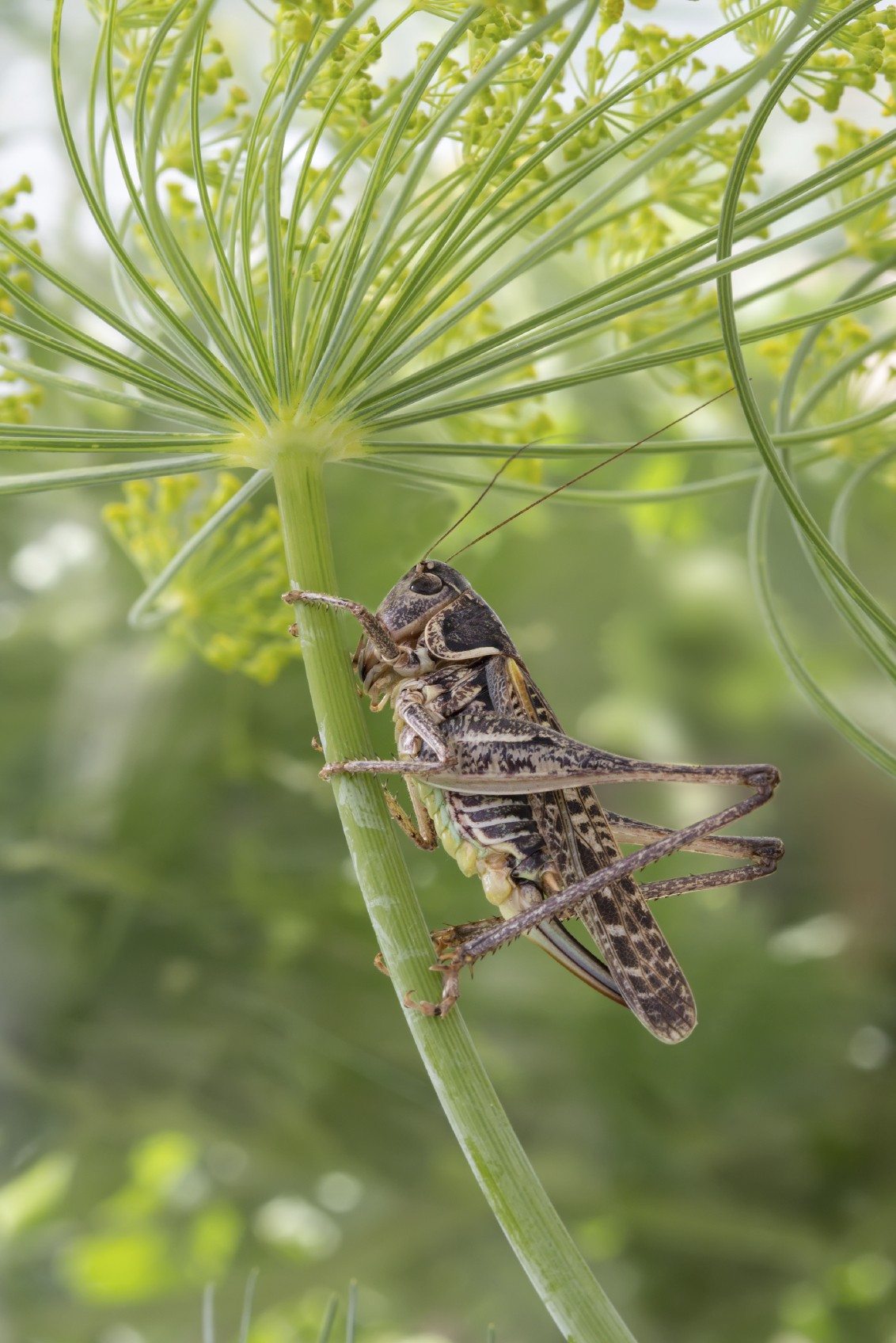 Dill Plant Care: Tips For Treating Pests On Dill Plants
Dill Plant Care: Tips For Treating Pests On Dill PlantsAs with most herbs, dill is fairly easy to care for, but it does have its share of dill plant pests. Find out about getting rid of insects on dill and other dill plant care in this article. Click here for more information.
By Amy Grant
-
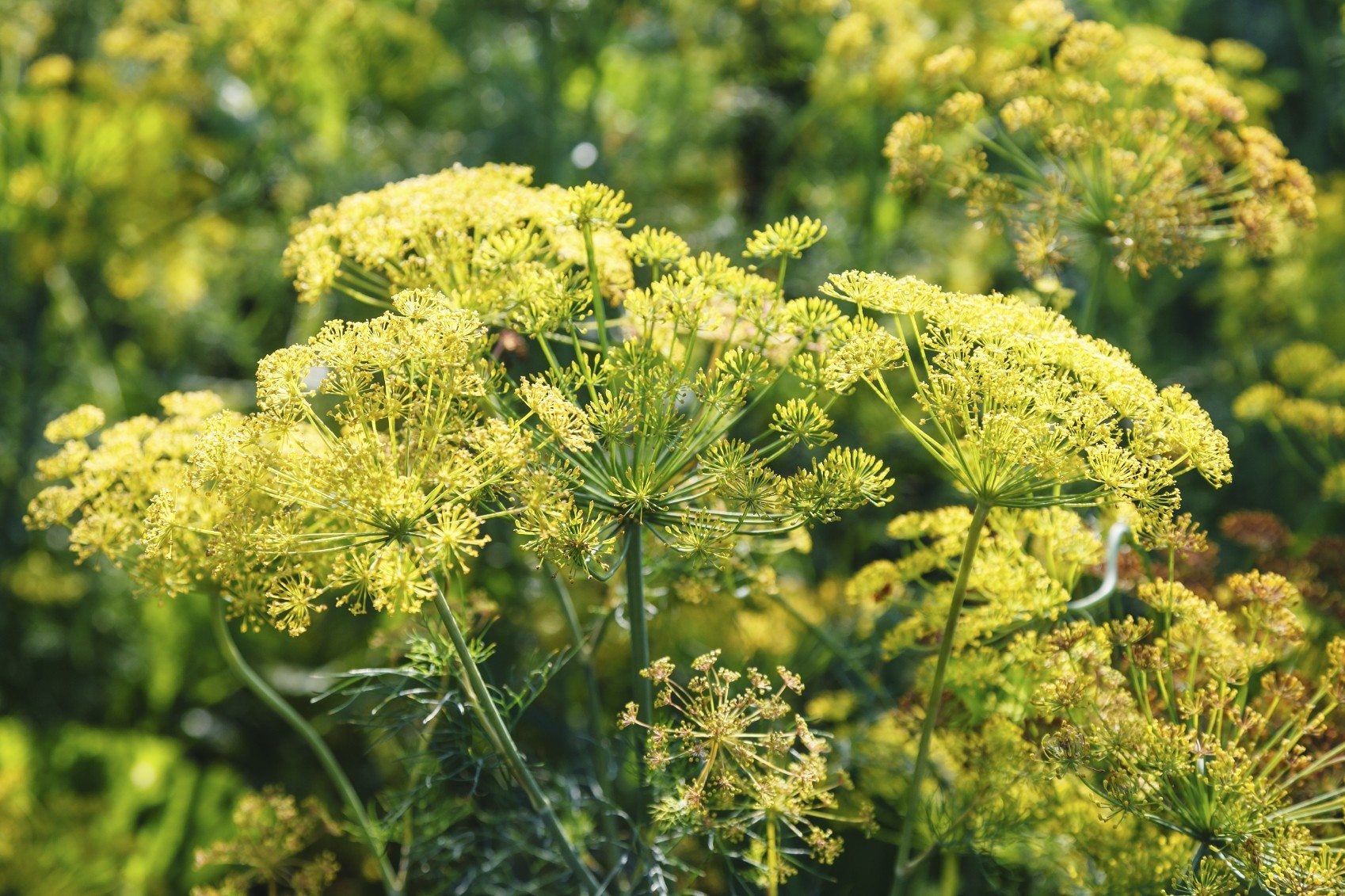 Why Is My Dill Flowering: Reasons A Dill Plant Has Flowers
Why Is My Dill Flowering: Reasons A Dill Plant Has FlowersSo you say, "My dill plant is flowering." This may be a good thing or a bad thing depending upon which part of the plant you use most often. Learn more about flowering in dill plants in this article and decide which applies to you.
By Bonnie L. Grant
-
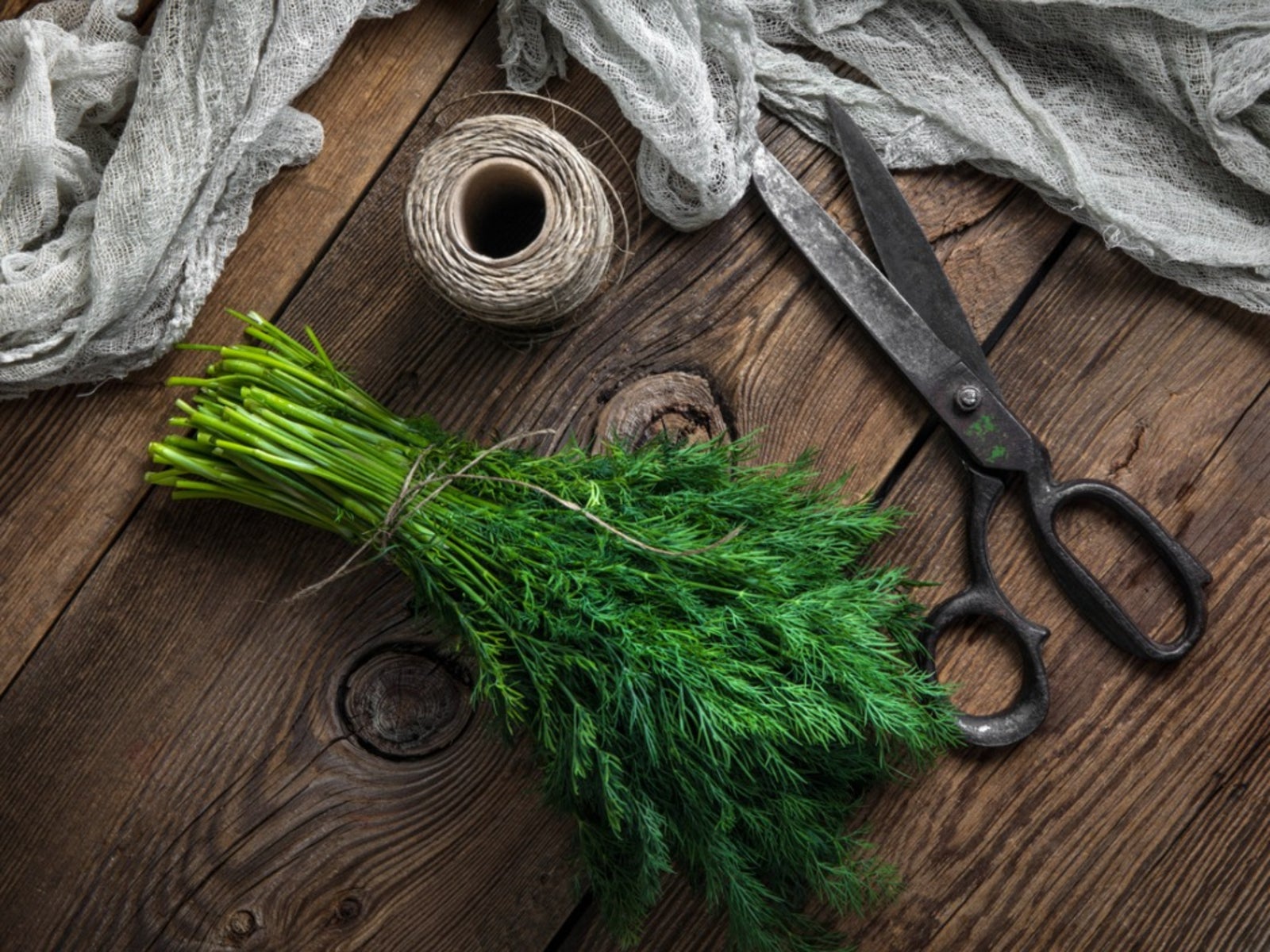 Information On How To Harvest Dill And Drying Dill Weed and Dill Seeds
Information On How To Harvest Dill And Drying Dill Weed and Dill SeedsDill weed is an essential flavoring for pickling. Learn how to harvest dill and how to store dill weed to keep the delicate flavor around all year. This article will help, so click here for more info.
By Bonnie L. Grant